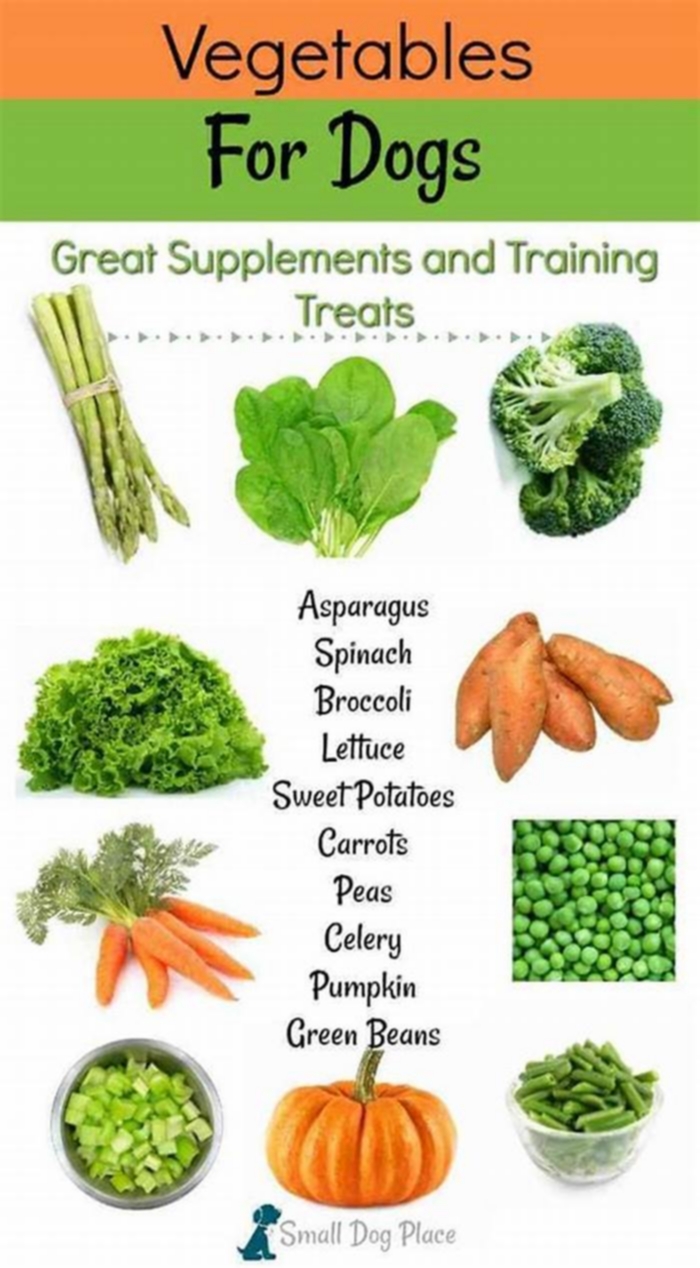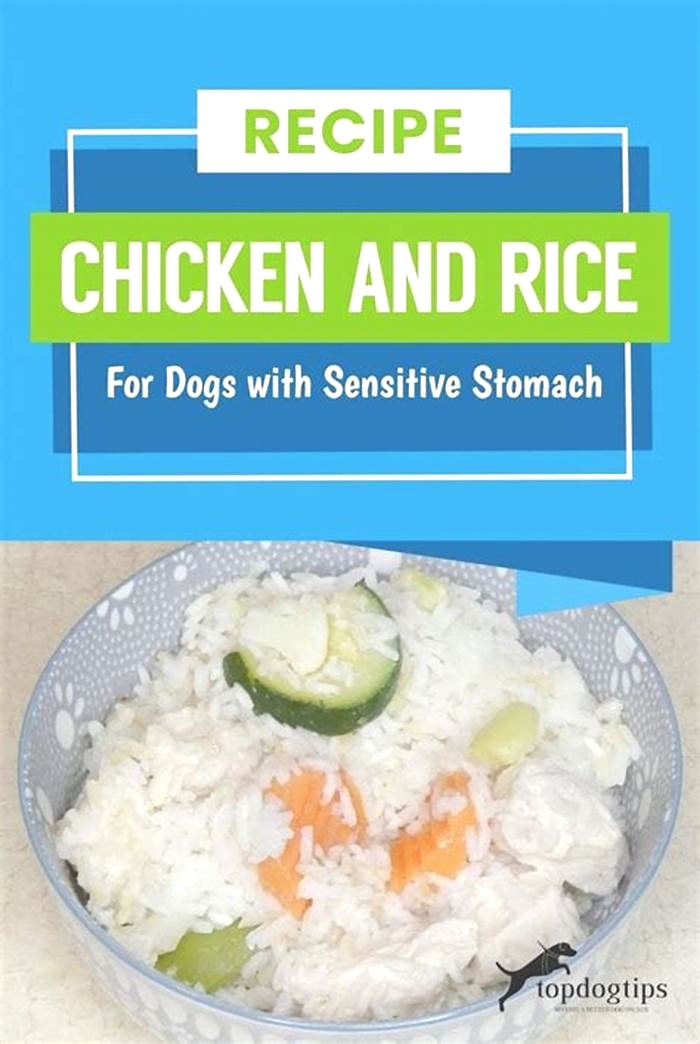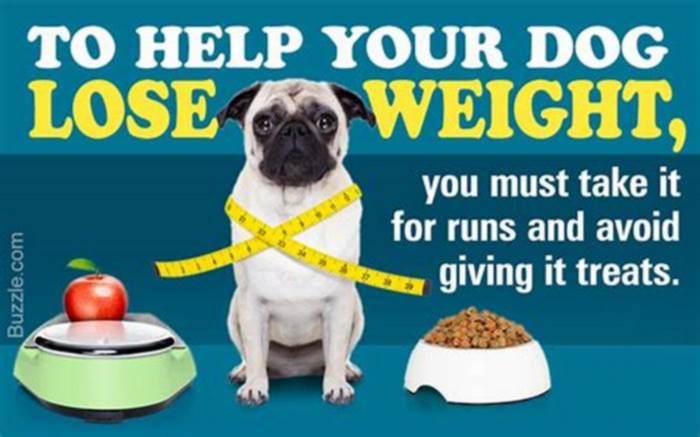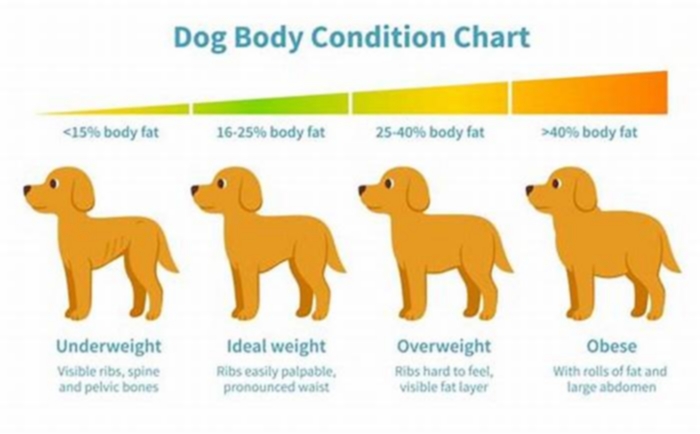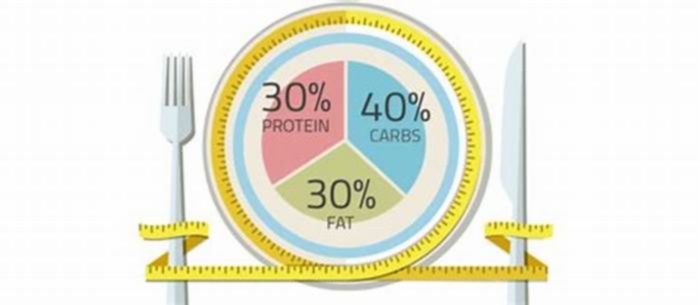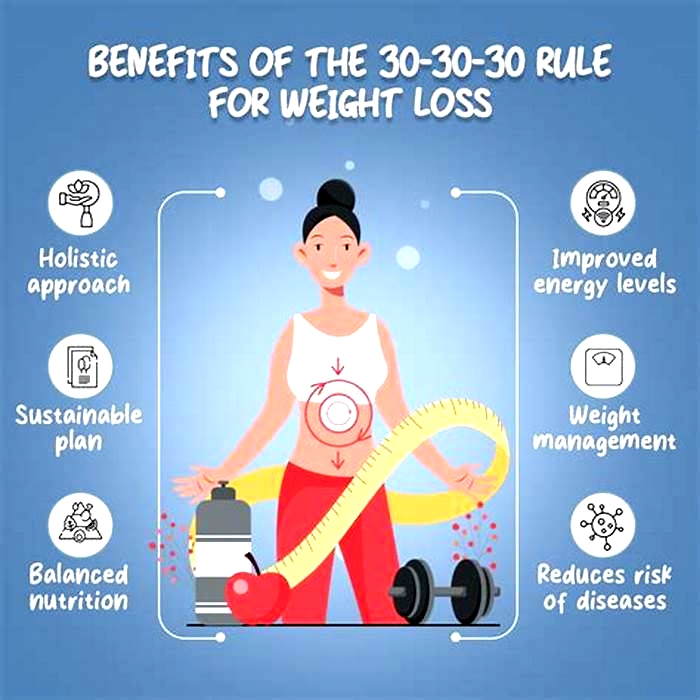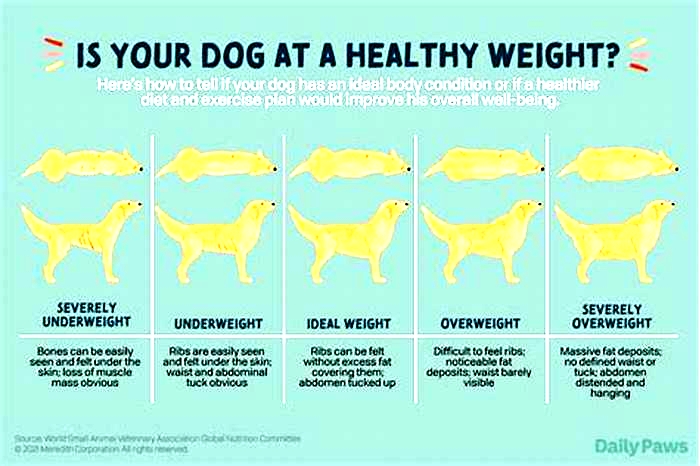Why is weight loss good for pets
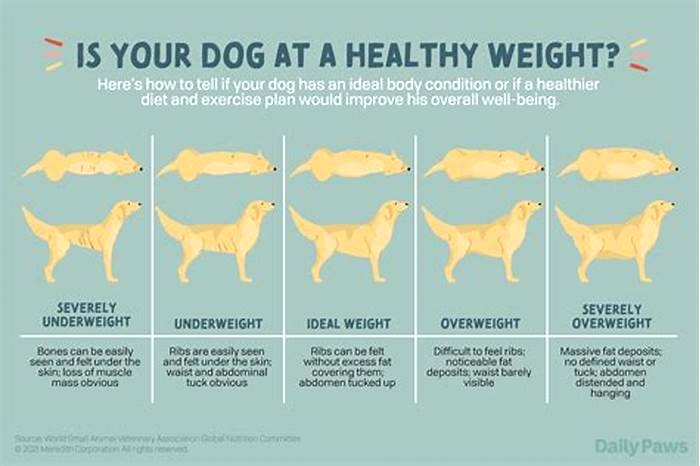
Dog Weight-Loss
Dogs need a minimum of 20-30 minutes of daily aerobic activity or exercise.
Engage your dog in structured aerobic activity for at least ten to fifteen minutes twice a day.
Based on observations of people walking with their dogs, the average pace is approximately 20 to 25 minutes per mile. This pace is a leisurely stroll with frequent pauses (on average every 1 to 2 minutes) to allow their dog to explore interesting objects or mark territory. Walking for weight loss is different than walking for pleasure.
Walking, playing, and exercising with your dog is a great way to bond. Whether or not jogging or running is good for your dog depends upon their age, breed, health status, and individual temperament as well as yours.
Be mindful of your pets age, individual needs, level of fitness, and existing physical conditions or limitations. Since small dogs, growing puppies, and brachycephalic dogs such as Bulldogs, Boxers, Pekingese, and Boston terriers can be prone to overheating and exhaustion. Avoid over-stressing your pet with overly strenuous activity.
Prevent injuries. Dogs that are overweight or have obesity are at greater risk for injury.
Keep your pet hydrated during activities.
If your pet isnt accustomed to routine fetch or running activities, start slowly to prevent an injury.
Varying your activities. Keep activities fresh and new and vary them as much as possible. This strategy can not only keep your dog mentally stimulated but also prevent injury from repetitive or overly strenuous activities.
Engage with safe toys, balls, soft disks, and games.
Go on an approved playdate or to doggie daycare.
Try swimming or hydrotherapy. If you have a dog that loves the water, swimming is a great, low-impact exercise that can reduce stress and inflammation in the joints. Swimming is a great exercise for dogs that are prone to overheating, have a history of injuries, are overweight, or have obesity.
There are many rehabilitation and pet fitness centers that offer hydrotherapy or aquatherapy for pets by trained personnel. A controlled environment by a trained professional is ideal for dogs with weight issues, are rat-risk or recovering from orthopedic conditions, have pain related to osteoarthritis or hip dysphasia, or have metabolic conditions causing muscle atrophy.
A trip to the store or a stroll about town can be rewarding. Bring your own treats! If your dog is on a weight-loss plan, carry your own low-calorie treats that other people can give to keep your outings healthy, social, and fun!
As your dogs fitness level improves, consider going on a hike. Outdoor hikes are another activity that is emotionally and physically beneficial for both you and your pet, provided you prepare and take some precautions. Do your homework and ensure the trails and area are dog-friendly and safe. Use a non-retractable leash, carry waste collection bags, and work with your dog to make sure it is up for the challenge.
Your pet's healthy weight
Its probably no surprise, but theres no one-size-fits-all approach or magic remedy to help your pet shed excess pounds. What works for one pet doesnt necessarily work for another pet.
Reaching and maintaining a healthy weight requires a commitment to a healthier lifestyle that balances the calories consumed with the calories used by the body for normal functions and activity. For overweight pets, even a modest reduction in weight can significantly reduce the chance of some life-threatening diseases.
In simplest terms, weight loss involves reducing your pets calorie intake and increasing their activity level to burn more calories. Be patient. It often takes longer to lose weight than it did for your pet to gain it.
Partner with your veterinarian
Working with your veterinarian, make an honest assessment of your pets health and weight. Does your pet have any medical problems that have been causedor made worseby excess weight? Is your pets weight putting them at a higher risk of health problems? Focus on what matters: your pets good health and long life.
Understand that Its not about you
Your veterinarians honest assessment of your pets weight and health isnt a judgment of your ability to care for your pet. Its not about you; its about your pets health.
Make a family commitment
A commitment to reach and maintain a healthy weight for your pet requires a commitment from the entire family. A weight loss plan isnt going to work as well if family members sneak your pet extra food or treats. Remind your family that there are many ways other than food to show love for your family pet.
Feed a nutritious and healthy diet
All pets require a balanced, nutritious diet. If weight loss is the goal, simply feeding your pet less of their regular food may cause them to miss out on important nutrients. Another thing to consider: the suggested feeding amount on the pet food label might not be the best amount for your pet. Your veterinarian can help you decide which food choicesand amountsare best based on your pets individual needs.
To help your pet feel satisfied with the food theyre given, try using a special bowl, mat, or food puzzle that makes it harder for them to gulp their food, and slows their eating. You also can try toys that release food in small amountsjust be careful to keep the total daily amount of food within a healthy amount. Smaller, more frequent feedings may also help. If you feed your pet kibble, you could even save a small portion of the regular amount to give as treats.
Look out for other calorie sources
When it comes to treats, be careful. Although you might find it hard to resist those sad, begging eyes, the extra calories from treats and other food sources outside your pets regular diet quickly can add up. To help fend off weight gain, a good practice is to limit treats to less than 10% of your pets daily calorie needs, which your veterinarian can help you determine. Then, reduce the amount of their regular food by an amount roughly equal to the calories contained in any treats given.
Remember: Food isnt love
There are better ways than food treats to reward your pet and show your love. A walk or other activity, praise or attention, head scratch or belly rub, or toysthings your pet enjoyscan be just as rewarding, and in some cases even help with weight management. If your pet generally receives food rewards instead of these other things, they may begin to rely on food for comfort.
Whenever your pet begs or cries for food, try taking them for a walk or playing with them. Positive rewards like praise, petting, and play can strengthen your relationship with your pet, and support a healthy lifestyle.
Set goals
Weight loss can be a journey, and having goals along the way can help you appreciate your pets progress, even when that progress seems slow. Gradual weight loss is actually a good thing, as rapid weight loss can lead to or signal serious health problems.
Your veterinarian can work with you to develop realistic, achievable goals for reducing your pets weight in a healthy manner. Ask for recommendations on healthier eating and exercise that will produce a reasonable and safe rate of weight loss based on your pets overall health.
Make it fun
Supporting your pet in an active, healthy lifestyle benefits the entire family. Experts recommend that dogs have at least 30 minutes of physical activity per day, with cats getting three, 5-minute sessions of intense play. A wearable pet activity monitor can be a fun way to keep track of your pets activity level. Find activities you enjoy that can include your pet, and the journey will be more enjoyable for all of you.
Monitor and record progress
Once youve set reasonable goals to achieve and maintain your pets healthy weight, be sure to monitor and record your pets progress. As with all weight loss programs, there will be successes and there will be missteps. By monitoring and recording your pets progress, you can determine whats working and whats not, and work with your veterinarian to adjust the program accordingly.
Dog losing weight: A vet's guide to causes and treatment
Are you concerned about your dog losing weight? Weight loss occurs when the body is not getting sufficient calories and nutrients to meet its needs. Sometimes weight loss can happen even if you feed your dog enough food. There are a number of factors and medical conditions that can cause this imbalance, and some of these causes are more serious than others. Your dogs weight is a good indicator of their overall health and it is essential to pay close attention to any changes. Here are some common causes of weight loss in dogs and what you can do to address these issues.
Increased activity
When your dog is getting more exercise, their body is burning more calories. To keep up with these energy demands, your dog has to consume more calories. If your dog's diet and calorie intake are not modified to account for the extra activity, your dog will start to lose weight. For some pets, shedding a few extra pounds may help them get to a more appropriate, healthier weight. For others, a change in diet is necessary to prevent them from losing too much weight and to accommodate the increased activity levels.
If you have concerns about whether or not your pet is consuming enough calories, schedule an appointment with your veterinarian. They can help you evaluate your pet's diet and exercise regimen. If extra activity does not explain your pets weight loss, your vet can also look for other reasons your pet may be losing weight.
Pain and weight loss
Pain can make eating difficult and it can decrease your dog's appetite. Different types of pain can affect your dogs eating habits, but mouth pain is the most common. A damaged or infected tooth can make chewing kibble an excruciating task. When eating becomes painful, pets are less likely to consume enough food and will start to lose weight. Brushing your pet's teeth and making sure they get routine dental care is critical to keep your pet's mouth healthy.
Orthopedic pain and other forms of pain can also decrease your pet's appetite. If your pet is usually a good eater and suddenly stops finishing their meals, this should be a red flag that indicates something is wrong. Pain that is not addressed or adequately controlled can lead to ongoing inappetence and weight loss. Determining the source of the pain and relieving it is essential to get your pet back to living a happy, comfortable life.
Digestion issues
DO YOU NEED PET INSURANCE?
Theres no NHS for pets. Veterinary care can be eye-wateringly expensive and most pets will need treatment for an illness or injury at some point in their life. Its difficult to think about your animals being hurt or unwell, but you need to ask yourself: what would you do if you were faced with a vet bill for hundreds or thousands of pounds?
Compare Quotes for Pet Insurance from GoCompare
Consumption of food is only the first step in ensuring your pet gets the proper nutrition to fuel their body. Once the food is consumed, the body needs to break down the food and absorb the nutrients. Gastrointestinal disorders can disrupt this process and prevent the body from getting proper nutrition. When dogs vomit or experience diarrhea, calories are lost, and nutrients are not adequately absorbed.
Chronic diarrhea can be a sign of irritable bowel syndrome, parasitism, or other gastrointestinal disorders. Over time, these digestion issues can lead to weight loss because the body is not getting enough nourishment. It is essential to determine the underlying problem to get your dog's health back on track. Often times this requires diagnostic testing performed by your veterinarian and possible changes to your pet's diet.Without the appropriate care, your pet may continue to lose weight even if they maintain a healthy appetite.
Several metabolic disorders can contribute to weight loss in dogs. These can include conditions such as diabetes mellitus and hypoadrenocorticism, more commonly known as Addisons disease. Pets suffering from these conditions are typically losing weight despite an increased appetite. With these metabolic disorders, the body cannot convert the food your pet is consuming into the energy that the body needs. Your dog's appetite will often increase as your dog's body attempts to get those nutrients by consuming more food. Unfortunately, this does not solve the problem, and your dog will begin to lose weight.
Weight loss in these situations can be gradual. Other symptoms of these metabolic disorders include increased thirst and urination. If you notice any of these symptoms, schedule a visit with your veterinarian. Medication may be necessary to treat the underlying condition and stop your dog losing weight.
Cancer
One of the most concerning causes of weight loss in dogs is cancer. Weight loss due to cancer occurs for a variety of different reasons. As cancer grows and spreads throughout the body, fast-dividing cancer cells consume an enormous amount of energy. This consumption of energy not only drains the vital nutrients that your dogs body needs, but it can also interfere with the body's ability to utilize the few nutrients that are still available.
In the later stages of cancer, dogs may experience nausea and a decrease in appetite. Likewise, the tumor can be painful or make eating difficult. Oral tumors can cause obstructions that complicate swallowing. As the cancer continues to spread, a decrease in food consumption will result in a loss of body fat and muscle mass.
Unfortunately, by the time most pet owners notice the weight loss, the cancer can be advanced. Many cancers that cause weight loss are aggressive and challenging to treat. In some cases, they are life-threatening. Although cancer is usually associated with older dogs, it can affect dogs of all ages. Regular health screenings are critical to detect early signs of disease.
Monitor your dog closely for signs of weight loss
There are many reasons your dog may be losing weight. Some of these reasons are straightforward and easy to resolve. However, your dog's weight loss can also be a sign of more concerning health problems. Gradual weight loss is often a result of chronic conditions and can take a while for pet owners to notice. It is essential to keep a close eye on your pet's weight. If you notice your dog losing weight, take a closer look at what your pet is eating and if they are exhibiting any unusual symptoms or changes in activity.
Weight loss is not something to be ignored. Knowing the common causes of weight loss can help you be more vigilant so you can catch potential problems early.If you are concerned about your dog losing weight, contact your veterinarian for further advice.

